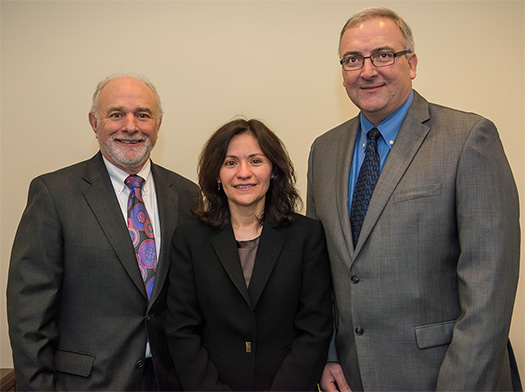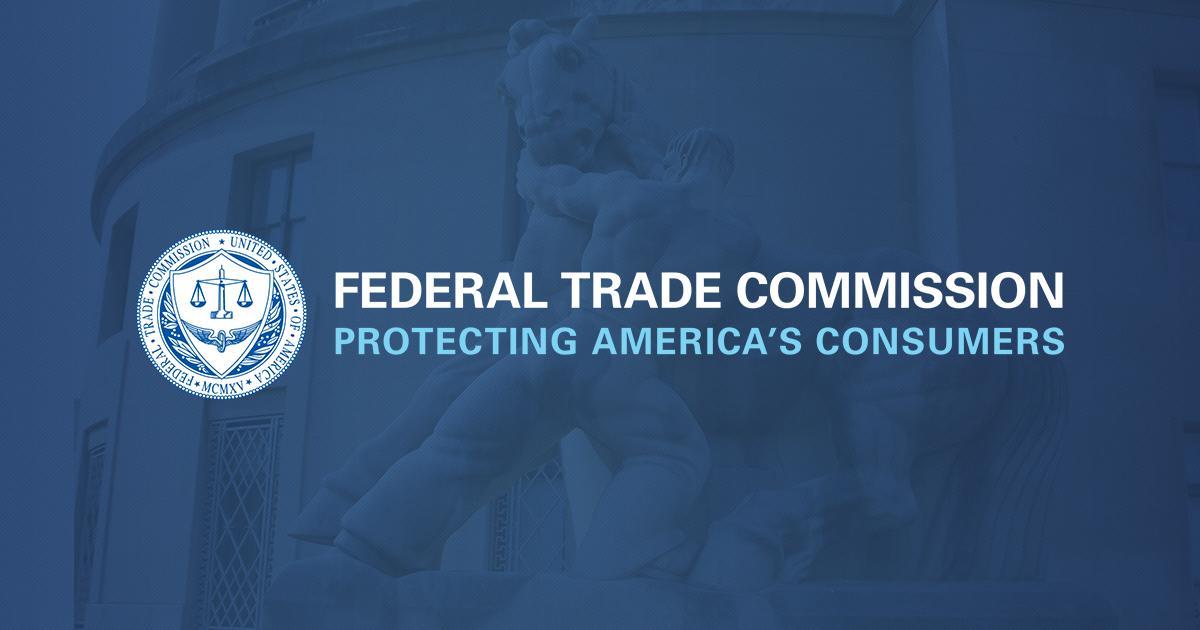The Federal Trade Commission is currently accepting public comments on an application by Service Corporation International (SCI) to sell certain funeral and cemetery assets, as required under the FTC’s December 2013 proposed order settling charges that SCI’s acquisition of Stewart would be anticompetitive. In total, the proposed order requires the combined SCI/Stewart to divest 53 funeral homes and 38 cemeteries to ensure competition is maintained in 59 communities throughout the United States.
In its application, SCI has petitioned the FTC to approve the divestiture of the following 13 assets in Florida, North Carolina, Pennsylvania, and Virginia to StoneMor L.P. and certain of its subsidiaries:
- Arlington Park Cemetery and Funeral Home in Jacksonville, Florida;
- Roberts Funeral Home in Ocala, Florida;
- Roberts Funeral Home – Bruce Chapel East in Ocala, Florida;
- Roberts Funeral Home – Bruce Chapel West in Ocala, Florida;
- Good Shepherd Memorial Gardens in Ocala, Florida;
- Forest Hills Palm City Chapel & Forest Hills Memorial Park in Palm City, Florida;
- Pollack-Best Funerals & Cremations in New Bern, North Carolina;
- Floral Garden Memorial Park in High Point, North Carolina;
- Montlawn Memorial Park, Funerals & Cremations in Raleigh, North Carolina;
- George Washington Memorial/Kirk & Nice Funeral Home, Inc., in Plymouth Meeting, Pennsylvania;
- Sunset Memorial Park/Kirk & Nice Suburban Chapel, Inc., in Feasterville, Pennsylvania;
- Greenwood Memorial Gardens in Richmond, Virginia; and
- Sunset Memorial Park in Chester, Virginia.
According to SCI’s application, StoneMor will be a strong and effective competitor in each local market, and has the expertise to successfully operate the businesses it plans to acquire.
The Commission will decide whether to approve the proposed divestiture after expiration of a 30-day public comment period. Public comments may be submitted until April 25, 2014. Written comments should be sent to: FTC Office of the Secretary, 600 Pennsylvania Ave., N.W., Washington, DC 20580. Comments can also be submitted electronically. Copies of the application can be found on the FTC’s website and as a link to this press release. (FTC File No. 131-0163, Docket No. C-4423; the staff contact is Elizabeth A. Piotrowski, Bureau of Competition, 202-326-2623)
The FTC’s Bureau of Competition works with the Bureau of Economics to investigate alleged anticompetitive business practices and, when appropriate, recommends that the Commission take law enforcement action. To inform the Bureau about particular business practices, call 202-326-3300, send an e-mail to antitrust{at}ftc{dot}gov, or write to the Office of Policy and Coordination, Bureau of Competition, Federal Trade Commission, 601 New Jersey Ave., N.W., Room 7117, Washington, DC 20001. To learn more about the Bureau of Competition, read Competition Counts. Like the FTC on Facebook, follow us on Twitter, and subscribe to press releases for the latest FTC news and resources.


